When a parent or spouse becomes incapable of managing their own affairs due to dementia or another illness/injury, and there is no enduring power of attorney or representation agreement in place appointing an attorney or representative to manage the person’s affairs, it may be necessary to apply to the Court to have a legal guardian known as a ‘committee’ appointed to make decisions on his or her behalf.
Appointing a committee is rightly considered to be a very important step because it, in effect, takes away a person’s decision making capacity and gives it to someone else. Before the Court takes that step, it must address three important issues or questions. Firstly, is the person incapable of managing his or own affairs? Secondly, if the person is not capable of making decisions, does his or her lack of capacity extend to all aspects of their life or only some types of decisions? Thirdly, if the person is, in fact, incapable, who is the best person to serve as his or her committee? A family member is usually appointed the committee but in cases of family discord over the choice of committee or where no family member is willing or able to serve as committee, the Public Guardian and Trustee can act as committee.
We regularly assist families in making committeeship applications to secure their appointment as committee of their family member’s financial affairs.
Typical Disputes in Regards to a Committee
Most often, those that are appointed as committee or act under powers of attorney or representation agreements perform their obligations in the best interests of the incapable party. However, disputes can arise where:
- one person applies to be committee of a family member’s financial affairs and others in the family don’t think that person is the best qualified or will not act in the best interest of the incapable person and are opposed to that person being appointed (disputed committeeship applications).
- a person appointed as a committee or acting under a power of attorney or representation agreement abuses their powers to benefit themselves to the financial detriment of the person whose interest they are supposed to be representing and it is necessary to apply to the court to rescind their appointment as committee.
- There is a dispute whether the person alleged to be incapable is in fact incapable.
McLarty Wolf has experience in handling these types of disputes. Regrettably, these disputes involve disagreements among family members or situations where a person who is becoming incapable has been the victim of financial abuse. If such a dispute arises and affects a family member or friend you are welcome to contact McLarty Wolf to discuss the matter.








